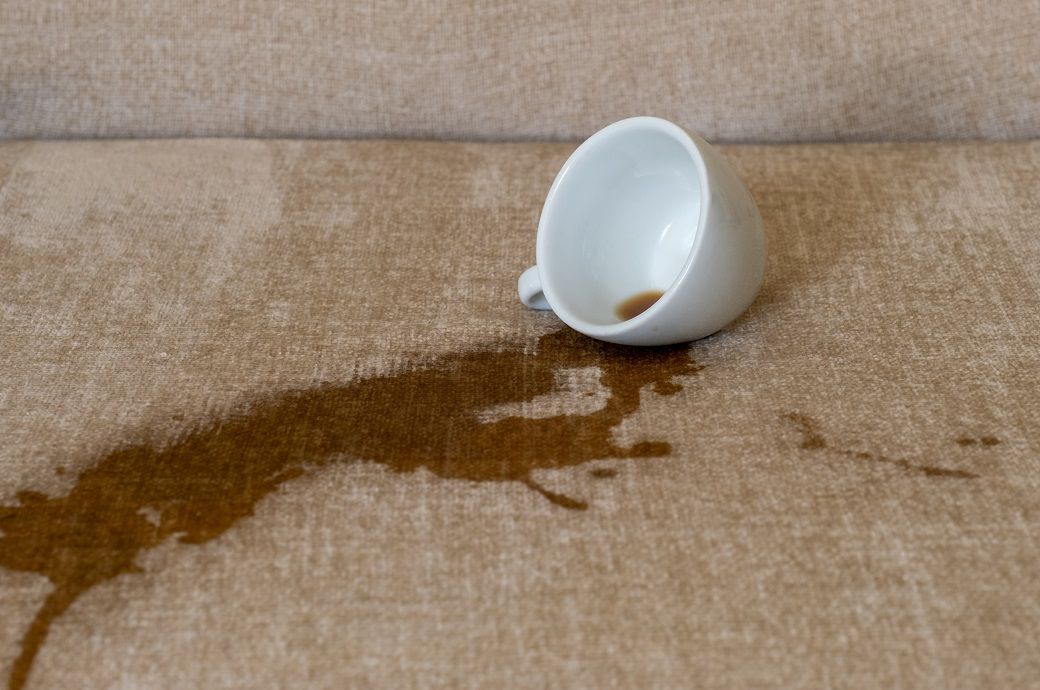PFAS finishes on furniture fabrics not worth health risks: Study

Insights
- PFAS finishings on furniture fabrics have limited to no effectiveness, particularly under real-world conditions, according to a new study published in the AATCC Journal of Research.
- The use of PFAS in furniture manufacturing poses health risks to workers, consumers, and communities living near production sites, as well as environmental harm.
Using droplets of coffee and oil-based salad dressing, the researchers tested six PFAS-finished and three non-PFAS-finished fabrics used for indoor commercial furniture. For water-based coffee stains, none of the PFAS-finished fabrics performed better than the unfinished fabrics. The stains were minimal and easily removed from finished and unfinished fabrics alike. Only fabric type (example, polyester versus cotton/nylon, patterned versus unpatterned, light vs. dark, etc) affected coffee stain performance, Green Science Policy Institute said in a news release.
For oil-based stains, some PFAS-finished fabrics showed minimal improvements over unfinished fabrics; however, the performance differences between fabric types were much larger than from PFAS finishes. Further, any repellency provided by the finishes were quickly lost with abrasion, meaning that the benefits would be lost as soon as the furniture is worn with use.
Exposures to PFAS from furniture occur during the manufacture, use, and disposal of finished fabrics, generating health risks for workers, consumers, and communities living near production sites as well as environmental harm.
Some PFAS have been associated with a wide range of serious health harms, from cancer to obesity to more severe COVID-19 outcomes, and they contaminate the drinking water of many millions. Only a small fraction of the thousands of PFAS have been tested for toxicity, and all PFAS are either extremely persistent in the environment or break down into extremely persistent PFAS. Additionally, some newer PFAS first claimed to be safe have been determined later to be harmful to our health, the release added.
“It was surprising that these harmful but supposedly indispensable chemicals had no practical benefit,” said lead author Jonas LaPier, a PhD candidate in civil and environmental engineering at Stanford University. “It makes you wonder what other uses of PFAS are also unnecessary and could be easily eliminated from products without noticeable change in performance.”
“PFAS are a public health nightmare and should only be used when essential,” said Carol Kwiatkowski, co-author and scientist at the Green Science Policy Institute. “In the case of these fabrics, they aren’t delivering the desired performance of stain repellency, and like lipstick or car wax, they get reapplied, which introduces more PFAS into the environment and increases the risk of human exposure. There’s simply no justification for continuing to use them in furniture.”
Fibre2Fashion News Desk (DP)
































-Ltd..jpg?tr=w-120,h-60,c-at_max,cm-pad_resize,bg-ffffff)





.jpg?tr=w-120,h-60,c-at_max,cm-pad_resize,bg-ffffff)
.jpg?tr=w-120,h-60,c-at_max,cm-pad_resize,bg-ffffff)






